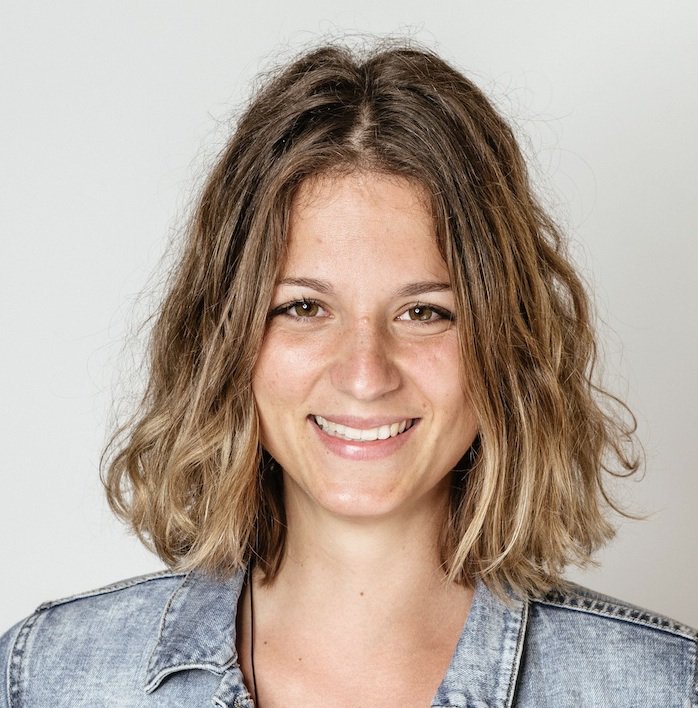
I was born in Switzerland and went to school here. This means in third grade I started learning French as a mandatory subject. French was part of my school schedule until I graduated. All in all this means I was sitting in French class more than 1300 hours.
Am I able to have a conversation in French? Nope! All I remember is the dreadful dealing with grammar and slogging through vocabulary. My grades were bad and I did not enjoy it at all. Not to mention the valuable things I could have done during these hours and the numerous hours of homework, this would have cost me at least 30’000 CHF if I had taken cheap group courses. And I know, I am not an exception.
Dilemma
During high school I took the opportunity to study abroad for a year. I chose to go to Sweden, because they all speak English well and thus communication would be easy – I thought. While they do all speak fluent English, conversations amongst Swedes are obviously in Swedish. Finding friends was impossible without being able to understand and speak Swedish.
I needed to learn Swedish fast. I knew that I would have to find another way of learning Swedish than traditional classes, because I simply knew, I wouldn’t learn fast enough by learning about cats, dogs and grammar through books. I took lessons in Swedish but after 10 or so classes I realized it was taking too long to learn something I could actually use. Also, I didn’t want to spend my time with the other exchange students: I wanted to get to know the Swedish life.
My approach
So I chose to do the following:
– I had sticky notes all over the apartment with the Swedish words for all the things we had at home.
– I watched Swedish shows with Swedish subtitles and listened to radio.
– I listened carefully whenever I heard people talking – to the sounds, the melody, and tried to understand at least the topic, they were talking about.
– Whenever I heard a word several times I asked what it meant or looked it up in the dictionary and since I heard it many times, it stayed in my head easily.
– And since it got dark very early there, I looked through the newspapers and read about what time the sun rises and when it sets.
– My host parents would only speak in Swedish to me. Something that was frustrating and super hard, but crucial to learn fast.
Summarized:
- I listened actively and passively.
- I learned vocabulary through context I cared about, through hearing the word several times.
- I was reading about things I cared about.
- I was exposed to the language constantly.
- I combined reading, hearing, seeing/ experiencing.
- I was aware of my need.
Fluent after 4 months
What happened? After 3 months I had this click moment and I was able to understand most of what people were saying. A month later I was fluent. I applied Swedish as much as I could because my main motivation was to make friends and integrate. I could only show my personality by being able to express myself, and for that I needed to practice. The Swedes were impressed and started to click with me because I used all their slang words. Of course, I had those words because I learned what people were talking through listening to my classmates, radio and TV shows. Using their colloquial language was exactly what showed them that I tried to adapt and didn’t learn the language from a book but from actual life.
We learn the wrong way
The same thing happened with Spanish: studied Spanish in high school, went to Chile, and didn’t understand a word (ok, Chilean Spanish is super hard but still). Living Chilean life, without using much English I was able to communicate and express myself within a short time.
I realized, I was not bad at languages, I just learnt them the wrong way. Researching about how we learn languages, and talking to linguists I realized, it’s not just me who learns languages through the communicative approach but people in general.
It is well known that we learn a language faster by listening and imitating and not by studying grammar and vocabulary. We are not bad at learning languages, nor are they too difficult, or our brains too old – we just mostly learn the wrong way.
Emilia, our Head of Product, will go deeper into how we learn a language and our Golden Language Learning Formula. Stay tuned!
Edited version. Originally posted on Global People Transitions.
